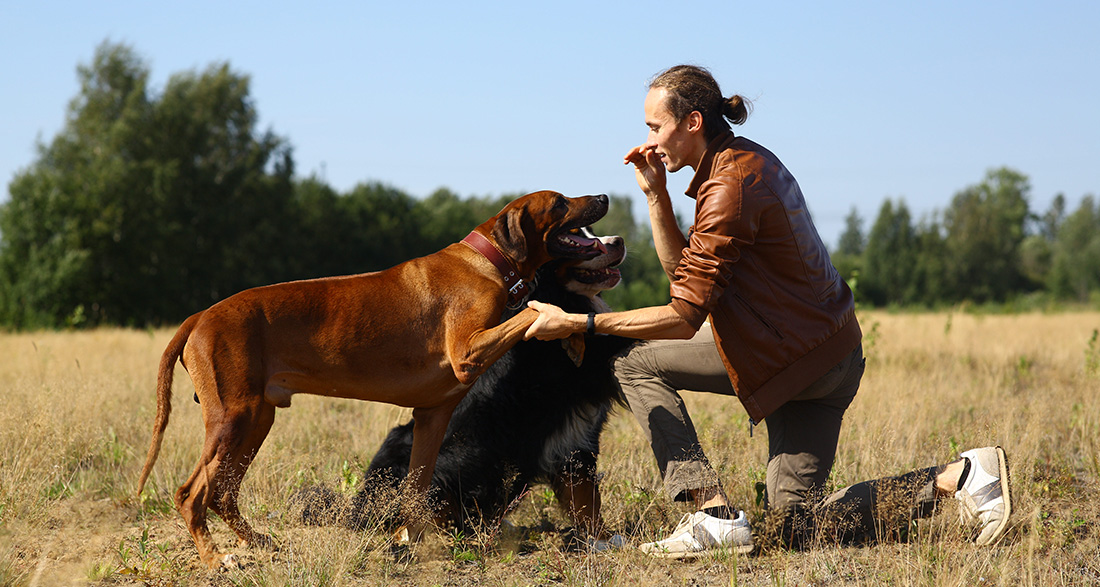What is important in dog ownership: Our furry companion is an important companion for us and already a full-fledged family member. Dogs are adaptable, eager to learn, and far from just being guardians of the home and yard.
From a social standpoint, dogs play an increasingly important role in our society—especially for people who have few relatives and find a loyal friend in their dog. For optimal dog ownership, many things need to be considered, but in many cases, coexistence is not always ideal. We’ll show you where the biggest misconceptions in dog ownership can occur.
“He won’t do anything.”
This phrase is by far the most common defense when dog owners want to justify their pet’s behavior towards other people. Whether it’s just loud barking, jumping, or chasing after others. Undoubtedly, dogs have a strong hunting instinct and play drive. This can sometimes get out of control, leading to damage. For this reason, dog liability insurance is an important safeguard, so you don’t have to be personally liable for your dog’s mishaps in case of damage. It can be quite costly in individual cases.
Country dogs are better off
City dogs have less space to roam and only a concrete jungle in front of them: A prejudice that is not sustainable. Those who keep a dog in the city and actively engage with them organize sufficient walks in parks or forests around the city. Although it may be somewhat time-consuming to always have to use the car, it is essential for the dog to get enough exercise and develop social contacts with other dogs. Therefore, city dogs are not necessarily worse off than their four-legged counterparts in the countryside. It depends on what dog owners offer their furry friends.
Apartment living is unsuitable for dogs
Off to the garden with the four-legged friend, and there, he will feel comfortable. This is what many dog owners think when sharing their home with their beloved pet and occasionally letting the dog into the garden to frolic. However, those who are only owners of an apartment or even renters cannot offer this supposed luxury to their dogs. However, this is not tragic: When the dog is alone in the garden, he does not necessarily feel comfortable there. Our four-legged friends prefer to be where we are. This is also the case in the apartment. Dogs need active engagement and stimulation. They don’t get that when they roam the garden alone.
Are dogs and humans becoming more alike?
An interesting rumor: We often get the impression from some dog owners that they are becoming more and more like their dogs. This has nothing to do with, for example, us slowly morphing our facial features to resemble our dogs. No, it is more about certain characteristics that a dog has. These do not develop over time but are already present when the dog is acquired.
A laid-back dog lover is unlikely to get a greyhound. Similarly, avid long-distance runners are unlikely to get a French Bulldog, which would stop running after ten meters during a jog. Ultimately, most dog lovers do not compensate for things they do not have by getting a dog. Rather, commonalities are at the forefront. However, no similarity is brought about over time.
Small dogs need less training than big dogs
They are sometimes derogatorily called “footwarmers” or “ankle biters”: dog breeds that are very small in stature. Some of these breeds have a strong desire to show off their dominance. They may loudly make it clear to other dogs or cyclists, joggers, and walkers. In addition, larger dogs are generally more laid-back. Therefore, it is important that small dogs receive just as intensive training as larger dogs. The amount of training needed does not depend on the size of the dog but on the breed and the interaction between the dog and us humans.


